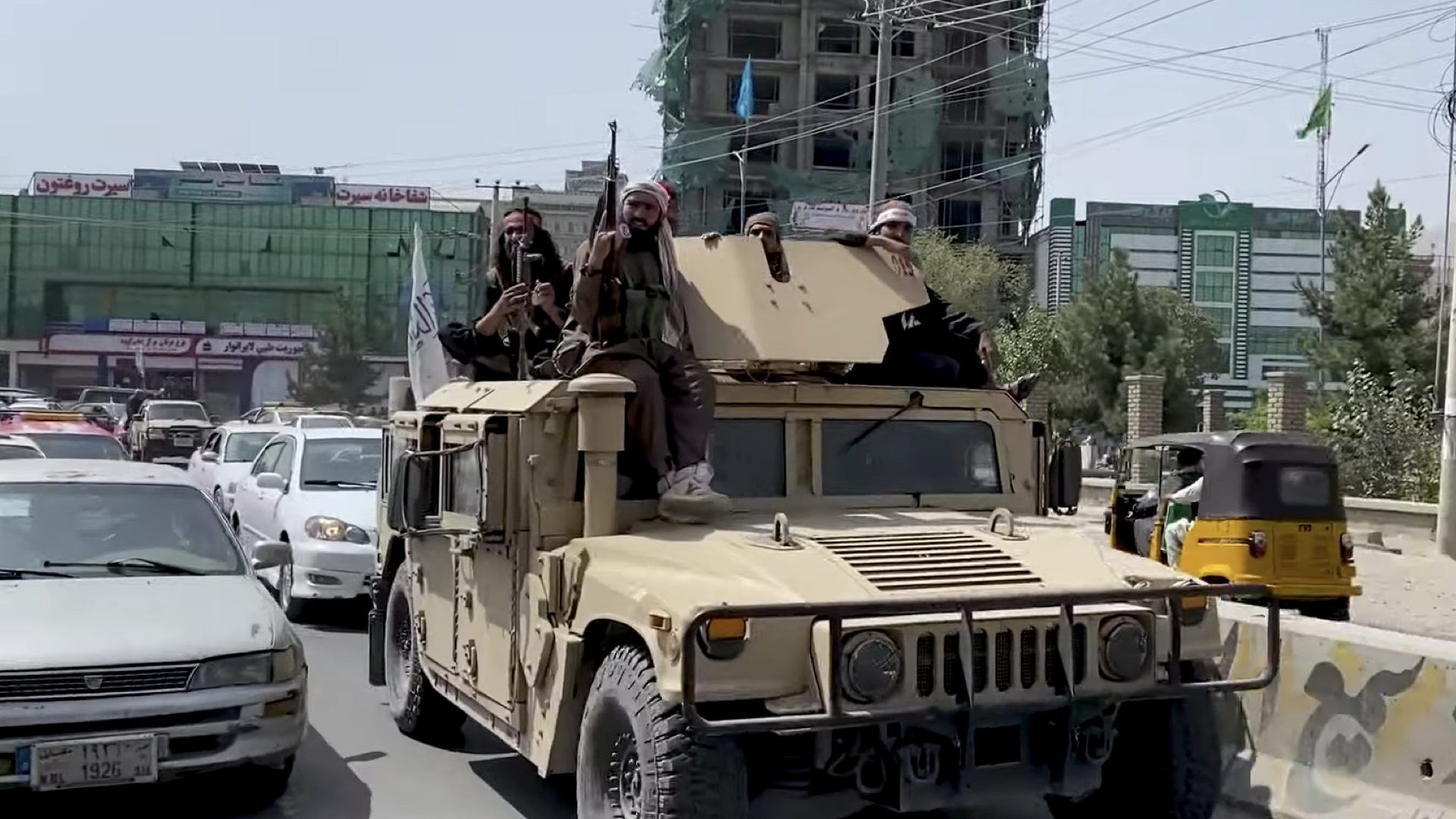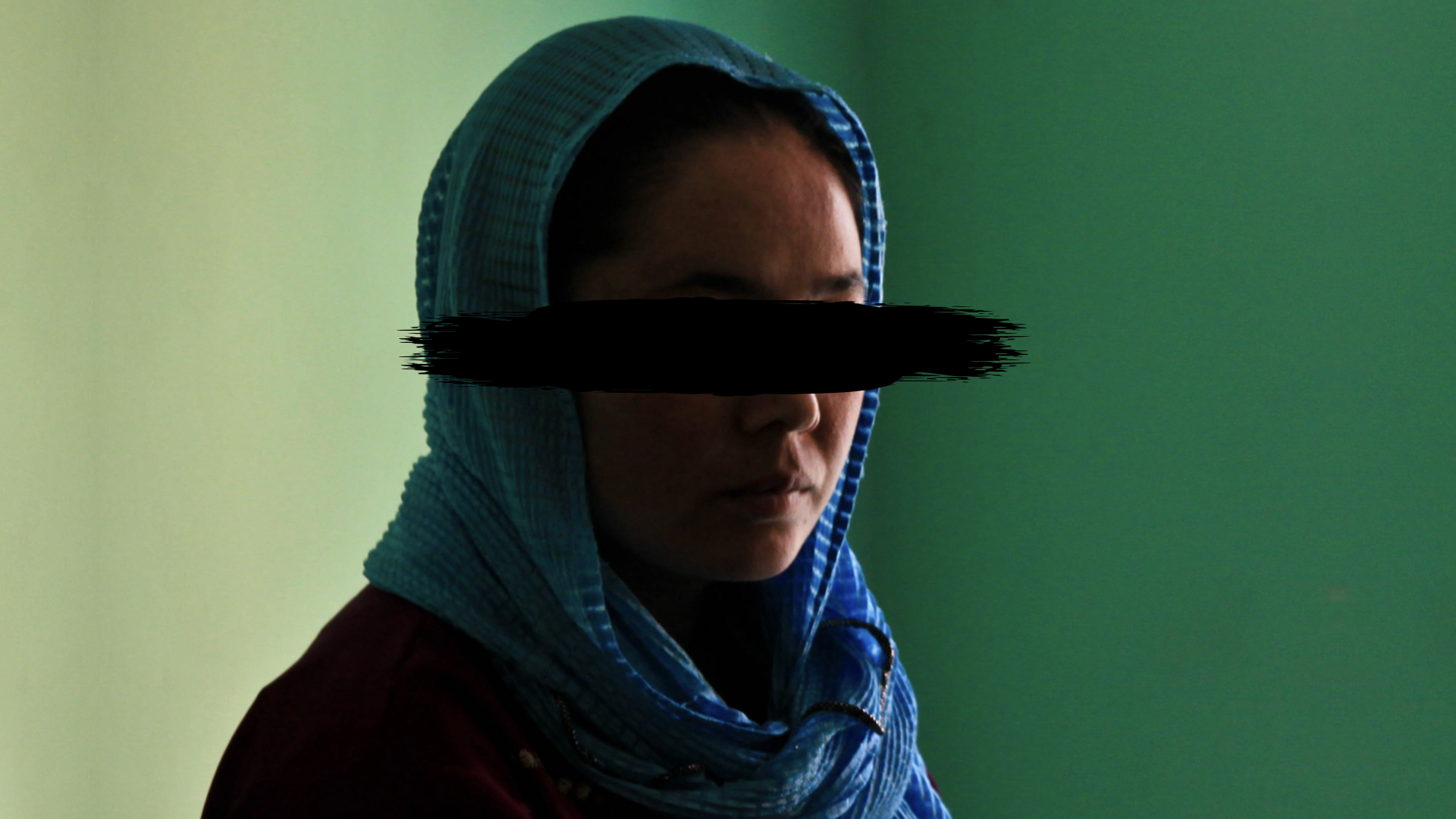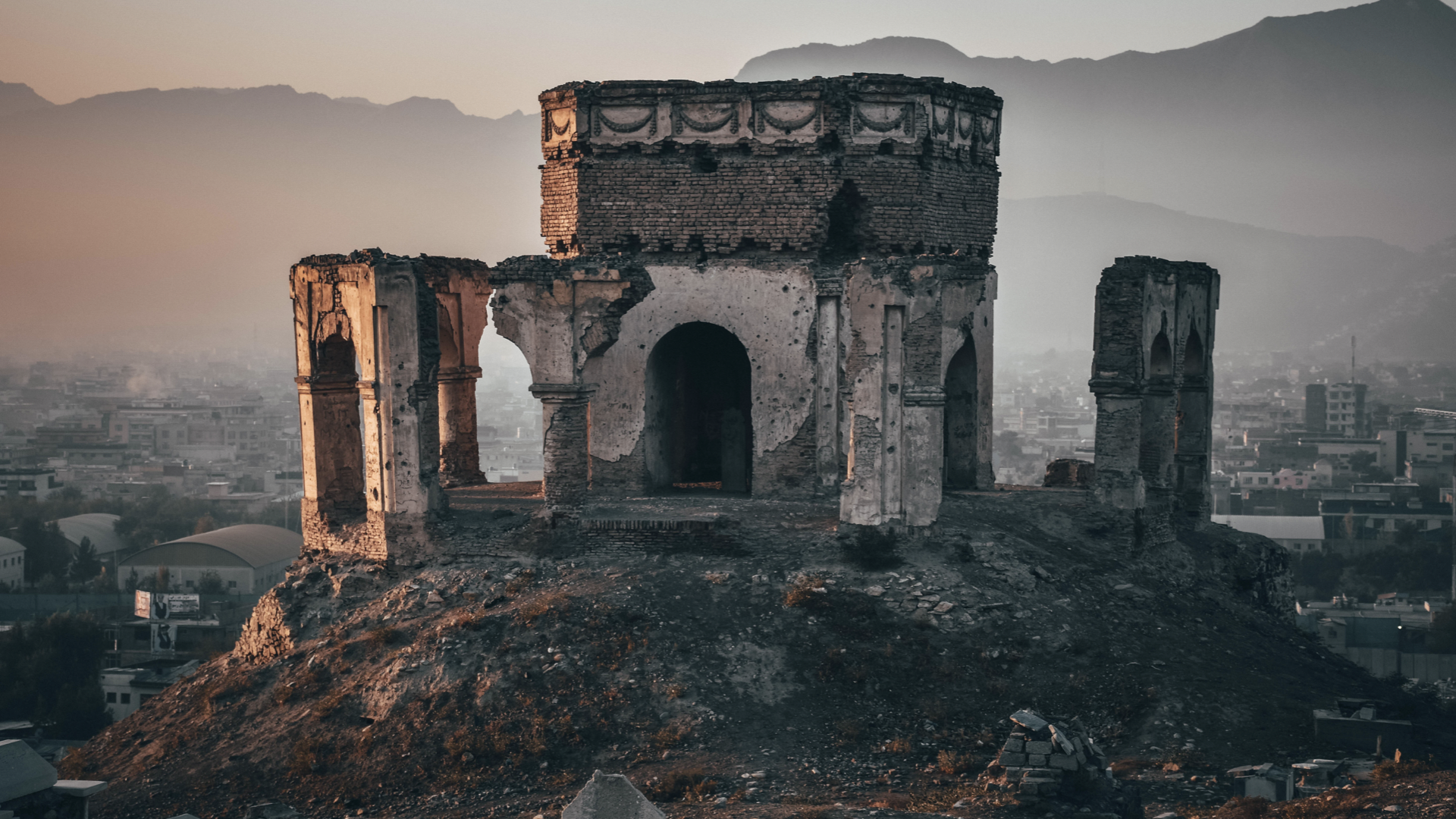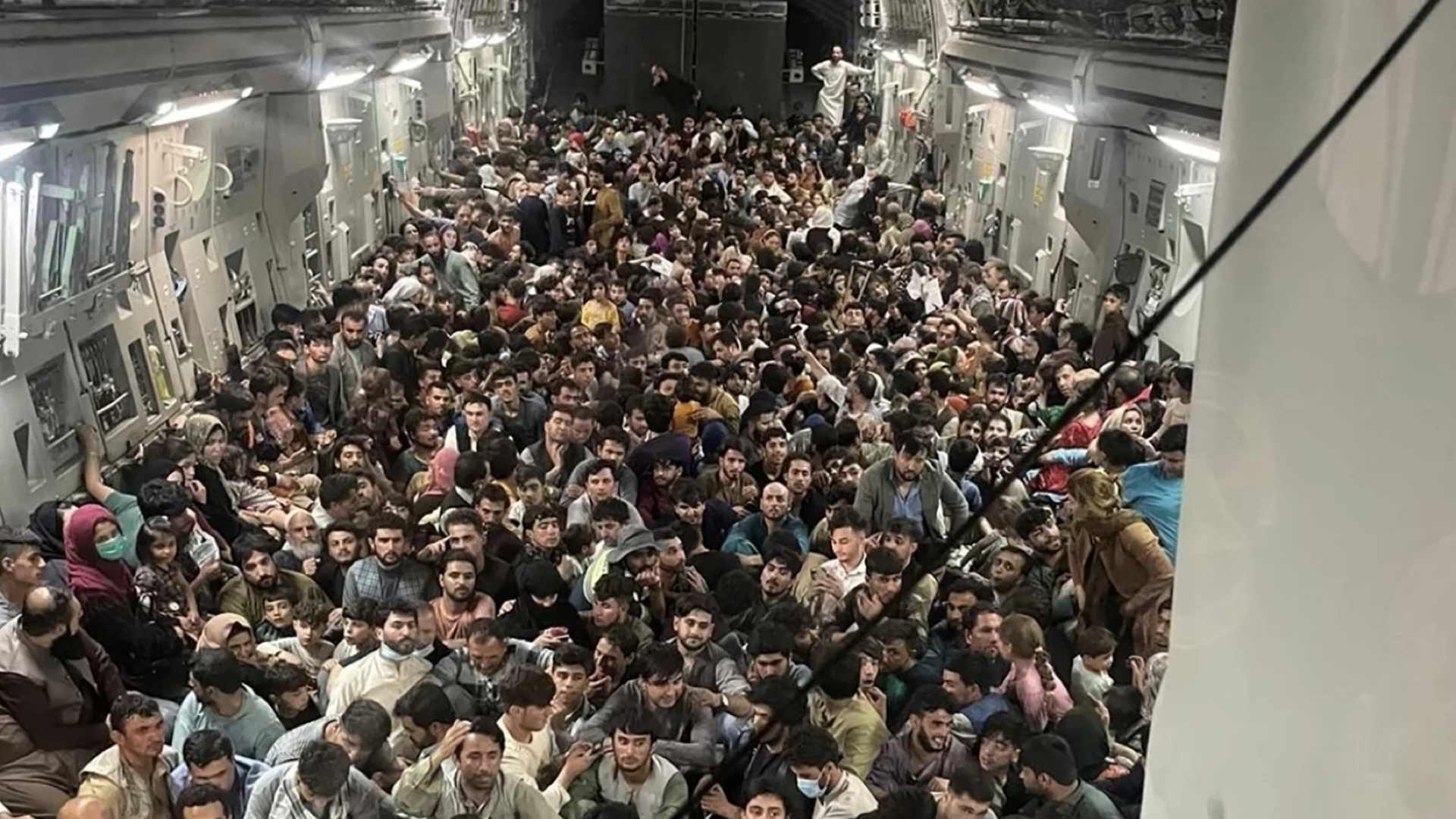As the Taliban consolidates power in Afghanistan, having retaken control of the country earlier last week, other countries are holding off on formally recognizing the group as a legitimate governing authority. The United Arab Emirates, Pakistan, and Saudi Arabia were the only states officially to recognize the Taliban when they ruled Afghanistan from 1996 to 2001, and international legitimacy may be used as leverage to moderate the Taliban’s actions today, including where it comes to women’s rights. What is at stake, for the U.S. and other members of the international community, in deciding whether and how to recognize the Taliban as the legitimate government of Afghanistan?
Chimène Keitner, a professor at the University of California’s Hastings College of the Law, notes that, with the Taliban having yet to form a new government, the rest of the world has at least some time to assess the situation before making its decisions. Keitner emphasizes that it’s possible for countries to have diplomatic relations with groups like the Taliban without recognizing them as governments, and the way the world treats the Taliban may evolve based on its actions. As she sees it, the Taliban would need international engagement in order to access Afghanistan’s assets held in other countries—or to take part in trade, resource sharing, and security arrangements. “Every country’s recognition decision turns on a combination of factors, some more practical, some more ideological,” Keitner says. For instance, the U.S. has significant practical interests in continuing counterterrorism operations in Afghanistan and ensuring protection for the Afghan people. It also has an ideological commitment to promoting liberal democracy around the world. At the same time, China and Russia see the transition in Afghanistan as an opportunity to exert their own influence, promoting an autocratic alternative in global leadership.
Graham Vyse: What does it mean for a country to “recognize” the Taliban as Afghanistan’s legitimate government?
Chimène Keitner: The term is used technically and colloquially in different ways. At this point, we’re really talking about two things: One is a sort of technical, legal, almost ministerial question of “recognizing,” in the sense of acknowledging the Taliban as the effective government and spokespeople of Afghanistan. In other contexts, we might talk about “recognition” of a state itself, but that’s not really in play here. Everybody knows Afghanistan is a state. It’s a member of the United Nations. We’re talking about whether to acknowledge a transfer of power.
The next part of that is what to do if you do acknowledge that transfer of power. How do you conduct your relations with Afghanistan? The conduct of diplomatic relations is tied to the recognition of a government, but they’re two separate things. You can conduct some sort of diplomacy with a group you don’t recognize as a government. When the Trump administration was negotiating with the Taliban, they were doing that with the Taliban as a group, not as a government. In fact, last year, the U.S. Department of State named an agreement “Agreement for Bringing Peace to Afghanistan between the Islamic Emirate of Afghanistan which is not recognized by the United States as a state and is known as the Taliban and the United States of America.”

Vyse: Does every country in the world need to make a decision about recognizing the Taliban? How do international bodies like the European Union and the United Nations figure?
Keitner: By and large, these are state-by-state decisions. (I’m using the word “state.” You can use the word “country.”) There are 193 member states at the United Nations, with a couple of other entities that, for all intents and purposes, are states—so you have close to 200 entities that will need to decide at some point whether they recognize the Taliban as the government of Afghanistan and whether they conduct diplomatic relations with that government.
Now, some countries have more to do with Afghanistan than others, so the decision is going to be more momentous for some countries than others. Smaller countries and countries that don’t have a lot of direct relations with Afghanistan will likely take their cues from more powerful states.
Unlike most other regional groupings of states, the European Union does have its own institutions through which it conducts a certain amount of foreign policy. When you see whether the EU will recognize the Taliban, that’s in its capacity as the EU—but every member state within the EU continues to conduct its own bilateral diplomacy and foreign policy. One would assume they’d coordinate with each other.
The International Monetary Fund will also have to make some decisions. The IMF was essentially poised to grant significant funding to Afghanistan as part of a broad COVID-relief financing package to less developed countries. That’s currently on hold, as I understand it, but the IMF will need to decide whether to treat the Taliban as Afghanistan’s legitimate government.
Similarly, the United Nations secretary-general has talked about how he hopes the UN will act in a coordinated fashion. The two big bodies to watch are the UN Security Council and then the much bigger General Assembly. The talk is that, at the moment, the prior Afghanistan representative at the UN—the representative of [the former Afghan president Ashraf] Ghani’s government—is still serving as the country’s representative. He hasn’t been recalled, and America’s United Nations ambassador has indicated that she’s doing her best to support him in that continued role. It’s possible the Taliban will try to send some delegates to the General Assembly meeting coming up in September, at which point the General Assembly would receive the credentials of those envoys and need to decide what to do with them. But these are lower-level decisions.
The International Monetary Fund will also have to make some decisions. The IMF was essentially poised to grant significant funding to Afghanistan as part of a broad COVID-relief financing package to less developed countries. That’s currently on hold, as I understand it, but the IMF will need to decide whether to treat the Taliban as Afghanistan’s legitimate government.
Vyse: What would international recognition mean for the Taliban?
Keitner: Since the act of recognition of a government doesn’t necessarily entail engagement in diplomatic relations, the fundamental question for members of the international community is whether they will treat the Taliban government as one of them—as another government of a sovereign state, entitled to the rights and prerogatives of sovereign states but also bound by the obligations such states have under international law.

The Taliban would like to exercise the prerogatives of the government of a sovereign state; they’re probably less enthusiastic about being bound by the obligations. The question for the Taliban is going to be how much they can take advantage of its position as being de facto in charge of the majority of Afghan territory—but also understand that comes with limitations on their ability to govern in a way that’s fully consistent with the more extremist ideas they’ve advanced over the years.
Vyse: What would be the consequences for the Taliban if, hypothetically, no one recognized their legitimacy?
Keitner: They’d be in an extremely difficult situation. The Taliban currently have access to an extremely small percentage of the country’s financial reserves, because many countries in their part of the world keep their gold and currency reserves in central bank accounts held in other countries. The Biden administration has indicated that, at the moment, they aren’t giving the Taliban access to any of the assets held in U.S. banks. Access to the government of Afghanistan’s assets requires being recognized by whoever happens to control those assets.
More broadly, anything the Taliban wants to do in the world in terms of trade, aviation, engagement with wider international economics, resource sharing, or security arrangements, will need to be done on the basis of reciprocity under a framework of international law. That’s not only restricted to states; it’s by and large restricted to states that are capable of entering into those kinds of agreements.
I could see a country like the U.S. figuring out how to deal with the Taliban government when it comes to central bank assets and then separately figuring out how to deal with the Taliban government when it comes to envoys it wants to send to the UN. At a certain point, these things will converge, but in these early months, it may be more of an ad hoc approach driven by what needs to get done now.
I could see a country like the U.S. figuring out how to deal with the Taliban government when it comes to central bank assets and then separately figuring out how to deal with the Taliban government when it comes to envoys it wants to send to the UN. At a certain point, these things will converge, but in these early months, it may be more of an ad hoc approach driven by what needs to get done now.
Countries like the U.S. will be very hesitant to extend too much of the benefits of mutual recognition early on, because there’s a broad understanding that those benefits are the main leverage these countries have—if they have any—to influence how the Taliban will govern.
Vyse: What’s your reaction to U.S. President Joe Biden recently telling ABC News that the Taliban is “going through sort of an existential crisis about do they want to be recognized by the international community as being a legitimate government”? Biden added, “I’m not sure they do.”
Keitner: I can’t help reading that quote through the eyes of a parent. It’s sort of like “If you want to sit at the grown-ups’ table, you’ve got to start acting like a grown-up. It doesn’t look like you want to act like a grown-up from what I’m seeing right now.”
Vyse: Thinking about how some specific countries are behaving—or are likely to behave—toward the Taliban: The United Arab Emirates, Pakistan, and Saudi Arabia were the only countries to recognize the group when it held power in Afghanistan in the 1990s. Why was that—and what was the effect of it?

Keitner: Every country’s recognition decision turns on a combination of factors, some more practical, some more ideological. There are regimes that will be more or less allergic to the idea of theocracy; others will be concerned about human-rights violations; others still will be concerned primarily with regional-security agreements. The list of countries that previously recognized the Taliban isn’t entirely surprising when you take those considerations into account—but there have been tremendous geopolitical realignments in the intervening decades, and the past isn’t necessarily prologue when it comes to the decisions countries will make under changed circumstances.
Vyse: Are the U.A.E., Pakistan, and Saudi Arabia likely to recognize the Taliban now? What other countries are likely to grant recognition?
Keitner: I’d defer to experts in Middle East politics, I expect recognition decisions might come in waves, as different regional groups coordinate with each other. It will depend on what these counties want from an Afghanistan controlled by the Taliban, how confident they are that promises the Taliban makes now are ones the Taliban is willing and able to keep, and what the downsides of recognizing the Taliban regime are when it comes to relations with other countries. It may be fair to assume that countries that recognized the Taliban in the past would be among the most likely to in the future, but circumstances have changed.
It may be fair to assume that countries that recognized the Taliban in the past would be among the most likely to in the future, but circumstances have changed.
Vyse: The Washington Post recently reported that Russia and China “have taken the lead in making overtures to the Taliban.” What do you make of that?
Keitner: Russia has a long history with Afghanistan. China likely views Afghanistan the way it views other developing countries, as a potential market but also as an area where China can exercise influence and counter U.S. hegemony—both in a tangible way, through the Belt and Road Initiative, and also to show that being a liberal democracy isn’t the only way to be a grown-up at the table.
If I were in the foreign ministries of either Russia or China, I’d be looking at how to take advantage of this moment—to extend influence and underscore the fallibility of the U.S.
It’s no longer the Cold War, and I’m not an adherent of new Cold War paradigms, but there’s no doubt that the liberal-democratic model of full membership in the international community hasn’t had as much success as its proponents hoped and predicted. Russia and China aren’t inclined necessarily to favor theocracy, but they’re not entirely averse to authoritarian forms of government. The translated statements I’ve seen from their representatives seem to be walking a very careful line between talking the talk of human rights and responsible membership in the international community, on the one hand, and seeming more open to the idea that regime type alone shouldn’t disqualify you from full participation, on the other. They’ve been very clear in their foreign policies that democracy isn’t, and shouldn’t be, a prerequisite for legitimacy.

Vyse: What are some of the other considerations countries are making thinking about how to approach the Taliban?
Keitner: One issue is the idea of recognizing a government that seized power by force. My understanding is that the Taliban is now trying to advance the narrative that maybe it didn’t seize power by force, because it didn’t actually engage in a lot of firefights and so on. But ones question for any country is whether it wants to establish a precedent of recognizing coups.
Throughout history, as a general matter, countries have dealt with whoever is in de facto control of other countries, because as a practical matter, that’s what you need to do. But there have also been examples of longstanding diplomatic relations with governments in exile, which are maintained either in the hopes that they will return or to preserve the principle that government takeovers by force are illegitimate. The first hurdle any country recognizing the Taliban will have to get over is to say, essentially, “We’re not trying to recognize the precedent of taking over governments by force.” As an international legal matter, the problem is that anytime you do something, it’s a precedent—even if you say it’s not.
In addition, the Taliban is on the receiving end of numerous sanctions, so other countries on the receiving end of sanctions—including on the basis of regime type or the way their governments came to power—are going to be natural allies of a Taliban regime in a broader sense. Venezuela comes to mind.
The Biden administration is going to have counterterrorism at the top of its priorities list. If we don’t have boots on the ground, we need to have sources of information. We’re losing a lot of our information-gathering ability by withdrawing our troops, so to the extent that we need the cooperation of whoever has control of the country for information gathering, that will weigh in favor of some degree of engagement.
Vyse: How is the Biden administration thinking about this issue?
Keitner: First of all, the Biden administration would really like [the Texas Republican] Senator Ted Cruz to lift his hold on all the nominees for the State Department and United States Agency for International Development, whose expertise could really help right now.
The Biden administration—like past U.S. administrations—is going to have counterterrorism at the top of its priorities list. If we don’t have boots on the ground, we need to have sources of information. We’re losing a lot of our information-gathering ability by withdrawing our troops, so to the extent that we need the cooperation of whoever has control of the country for information gathering, that will weigh in favor of some degree of engagement. It’ll be one of those leverage points for negotiations over what engagement will look like, whether it’s informal communications and exchanges or diplomatic relations and sending an ambassador. The ability to gather information on various terrorist groups operating in the territory of Afghanistan and Pakistan, where attacks on U.S. interests worldwide, and potentially in the U.S., could be planned and executed from—that’s going to be a real concern.
The global image of the U.S. as a country that stands up for democracy, and for treating women as equal members of society, isn’t something any administration should casually discard. To the extent that any recognition decision seems to give an imprimatur of approval or legitimacy to a Taliban government, that will weigh heavily with decision makers, as it should.

No recognition from the U.S.—or no diplomatic relations between the U.S. and the Taliban—is unlikely, though 100 percent recognition right away isn’t going to happen. In situations where there’s no recognition, it’s often because there’s a government in exile or some other group around which some sort of international consensus can coalesce. At the moment, we don’t have that in Afghanistan, given the quick departure of the country’s president.
My expectation is that the administration will try to proceed cautiously and thoughtfully, using the leverage the U.S. has to extract as many commitments from the Taliban as possible. I share the concern that those commitments may not be worth the paper they’re written on. That’s why an incremental approach will be necessary, to see evidence of follow-through before plunging into to full diplomatic relations. Sources of information within Afghanistan are going to be vitally important, not just for counterterrorism operations but to know what’s actually happening to people in Afghanistan—so the U.S. and other countries can assess whether dealing with a Taliban government is ultimately hurting these people, by legitimizing an abusive regime, or whether it’s actually helping to moderate some of the Taliban’s actions.
Vyse: What kinds of commitments could the U.S. expect from the Taliban in exchange for engagement?
Keitner: In addition to information gathering, there’s the suppression of terrorist threats that could target the U.S. and its allies. Given the stated commitment of the U.S. to human-rights promotion and attempting to create opportunities for members of civil society in Afghanistan, especially women and girls, another priority would be seeing the Taliban honoring Afghanistan’s international commitments to govern in a way that recognizes the full humanity and dignity of all members of Afghan society.

